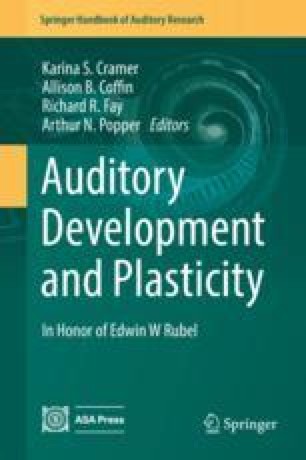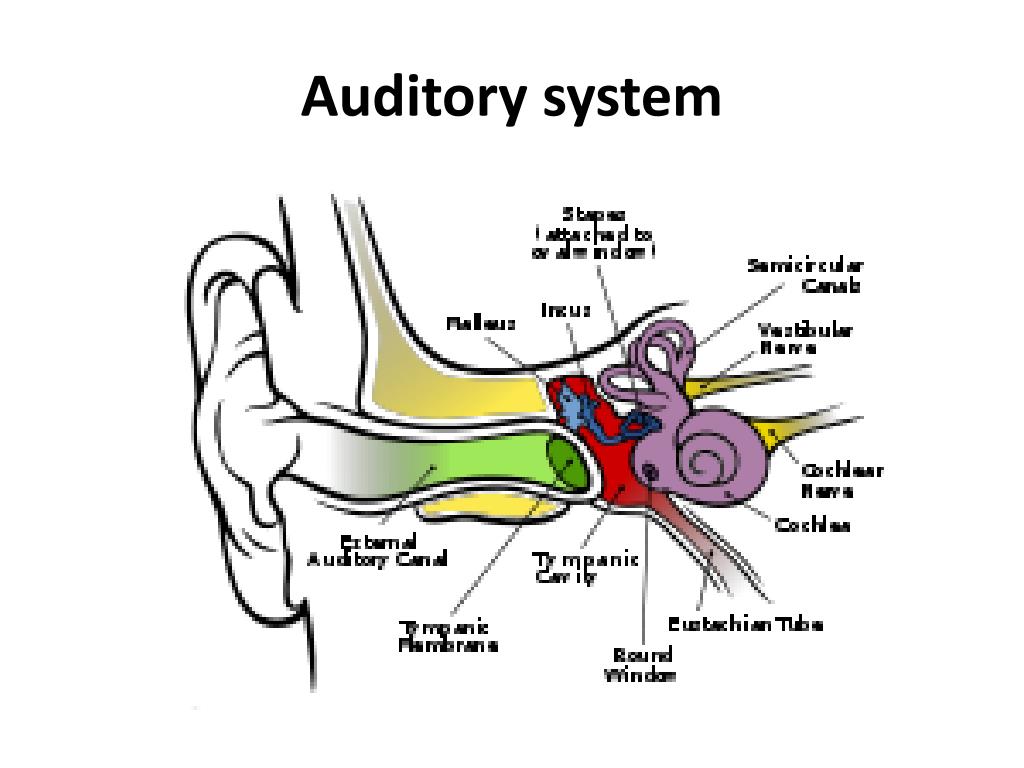

An imbalance of dopamine and serotonin, which are neurotransmitters.Spontaneous activation of the auditory network in your brain, which consists of the left superior temporal gyrus, transverse temporal gyri (Heschl's gyri) and the left temporal lobe.Scientists don’t yet know the exact mechanisms in your brain that cause auditory hallucinations, but they have a few theories, including: Several situations and conditions - both temporary and chronic - can cause auditory hallucinations. What are the possible causes of auditory hallucinations? Talk to your healthcare provider about the hallucinations and any other symptoms you have. If you experience auditory hallucinations while you’re wide awake, it may be - but isn’t always- a symptom of a mental health or neurological condition.

Up to 70% of people experience these types of hallucinations at least once. If you experience auditory hallucinations just as you’re falling asleep (hypnogogic hallucinations) or waking up (hypnopompic hallucinations), it’s considered normal and usually not a cause for concern.

Is it normal to hear auditory hallucinations? The noise volume can vary from very quiet to very loud. They may seem like they’re coming from anywhere in the space around you or in your mind.

Hearing sounds or noisesĪuditory hallucinations can take the form of hearing sounds or noises, such as music, animal calls, nature sounds or background noises. They may command you to do something that may cause harm to yourself or others.Īuditory verbal hallucinations most commonly affect people with schizophrenia and/or post-traumatic stress disorder (PTSD), but they can happen to people who don’t have any health conditions. Sometimes, hearing voices can be upsetting or distressing. The voices may be positive, negative or neutral. They may talk directly to the person, have discussions with them or describe events taking place. It may be a singular voice or multiple voices. The voices may come from a single source, such as a television, or multiple sources. They can vary in how often you hear them, what they sound like, what they say and whether they’re familiar or unfamiliar. The experience of hearing voices can vary greatly from person to person and even for the same person. Auditory verbal hallucinations (hearing voices)Īn auditory verbal hallucination is the phenomenon of hearing voices in the absence of any speaker. The two main types of auditory hallucinations are verbal (hearing voices) and hearing sounds or noises. What are the types of auditory hallucinations? These types of hallucinations are common and usually not a cause for concern. Some people experience auditory hypnogogic hallucinations that specifically take place as they’re falling asleep. They’re the most common type of hallucination. Researchers estimate that 5% to 28% of people in the United States experience auditory hallucinations. They can occur as frequently as daily or as an isolated episode.Īuditory hallucinations are often associated with schizophrenia and other mental health conditions, but they can happen for several other reasons, such as hearing loss, and aren’t always a sign of a mental health condition. The sounds you hear may seem real, but they’re not.Ī person may perceive auditory hallucinations as coming through their ears, on the surface of their body, in their mind or from anywhere in the space around them. Auditory hallucinations happen when you hear voices or noises that aren’t there.


 0 kommentar(er)
0 kommentar(er)
